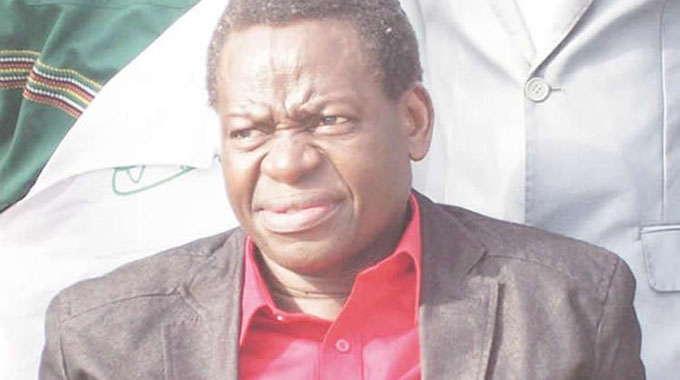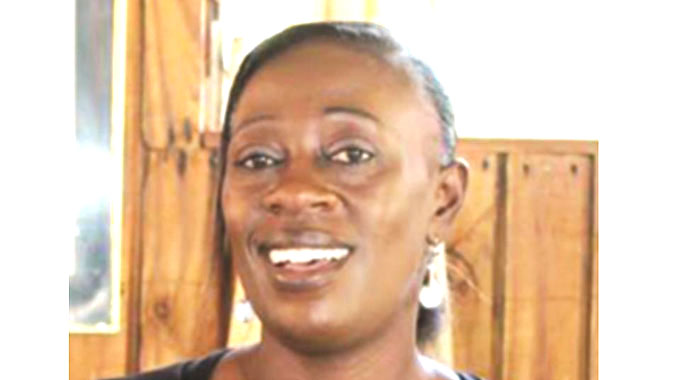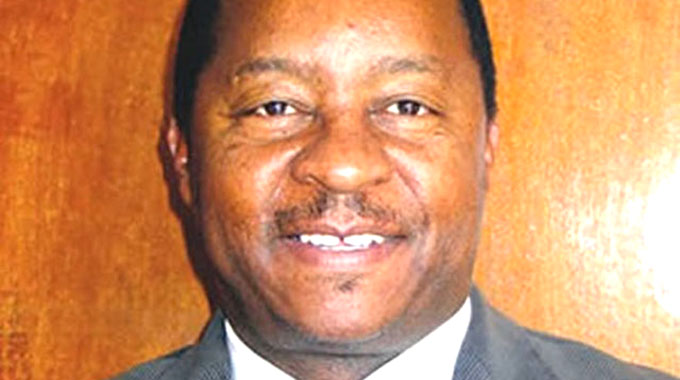Rape: Breaking the culture of silence

Ruth Butaumocho Gender Editor
Last week the world woke up to the news that American stand-up comedian, actor, musician and author William Henry “Bill” Cosby had been given a three to 10-year jail sentence for drugging and sexually assaulting former Temple University staffer Andrea Constand nearly 15 years ago,
In passing sentence, Judge Steven T. O’Neill had no kind words for the fallen funnyman when he said it was time for justice.
“Mr Cosby, this has all circled back to you. The time has come.”
As the world watched the televised court case, Cosby (81) appeared shocked with the judgment, putting an end to one of the most followed court cases in the US, in recent years.
It is also one court case that had divided the US, with Cosby’s publicist describing it as the “most racist and sexist trial in the history of the United States”.
As the news spread across the globe following the judgment, the court of public opinion was in overdrive trying to identify the nexus of the case and previous ones which had attracted so much attention over the years.
Questions like, “Why hadn’t she spoken earlier and, why did she not report the case, when it happened?” were raised as some people interrogated the accuser’s motive.
Suffice to say the problem of sexual assault is not exclusive to Hollywood and other highly developed countries, but it is also prevalent even here in Zimbabwe, where high-profile individuals have been dragged before the courts after victims reported the sexual assault offense following years of silence.
There are also several cases that were swept under the carpet in equal measure, in a society that doubts the credibility of reported sexual assault cases, particularly if society feels the victim precipitated her victimisation, through a behaviour deemed “inappropriate”.
Rather than looking at the merits of the case, issues of dressing, behaviour and one’s marital status become the determinants of the case’s credibility or lack thereof.
Zimbabwe is a patriarchal society where the majority of men have a low regard for women, with some treating the female populace as a sexual objects, who should subdue themselves to the dictates of their counterparts.
With such skewed distribution of power and scepticism to sexual assault cases, especially if the abuser is a close relative known to the victim or is still part of the justice system, the majority of victims have chosen to suffer in silence.
Cultural beliefs about women and sex, and the notion that what women really want – what they find romantic or erotic – is then used as a basis of social and legal opinion, exposing victims of rape. And, when society begins to ask the victim more questions instead of offering the necessary support, victims naturally withdraw into a cocoon instead of seeking justice.
Some situations victims go through are so brutal and numbing and, as a result, the majority of them choose to take the brutality with them to the grave.
It is common for the morality of the woman to be questioned and for society to say it is her fault.
While reasons vary why women choose to remain silent the majority do not report due to fear, futility, shame, denial, trying to minimise the damage, loyalty to the abuser, with lack of trust in the judiciary system being the major one.
An 11-year-old girl from my church was allegedly raped by the family’s neighbour for nearly two years and never uttered a word to anyone.
It took one of the female church elders – during a youth meeting – to note that the hapless girl had been abused and was suffering from a sexually transmitted infection, which had affected her kidneys.
The matter was reported to the police, and court proceedings began in earnest. After a marathon of court hearings, the 50-year-old “rapist” was found not guilty and discharged due to “weak evidence”.
According to the magistrate who presided over the case, the mother of the abused child should have noticed the abuse and the subsequent illness, not wait for the female congregant to do so when the former lived with the girl.
With such loopholes in the legal system, some victims of sexual assault choose to remain silent, fearing the consequences, should their abuser be acquitted, as was the case of the 11-year-old girl, whose health continues to deteriorate.
Victims of sexual assault surmise that speaking up is futile because no action will be taken, or, as strange as it might sound, they choose to live with the pain while the perpetrator walks free.
Widespread perceptions about rape complicate the picture further that the safest decision that the victim thinks of taking is maintaining silence.

Bill Cosby
There’s also an outdated cultural belief that “good women don’t get raped”, and such held notions stop the victims dead in their tracks, thinking that it was their fault that they were sexually assaulted.
Instead of condemning Cosby’s accuser Constand and like-minded individuals, society should applaud her stance to open up about the abuse, following years of suffering in silence.
She fortunately emerged victorious where many fell by their faces, after the courts dismissed their cases, arguing that they lacked merit and could not be backed up by evidence.
Many will remember during the trial of now incarcerated leader of RGM Ministries, Robert Martin Gumbura, when a woman resurfaced from her hiding hole in South Africa during the trial claiming that the cleric raped her in 2002.
For close to 12 years, the woman never revealed the alleged rape to anyone for fear of the wrath of the despotic jailed leader who was feared by his congregants, believing that he possessed powers that could cause death.
The matter, which attracted hundreds of people from across all social strata including law-enforcement agents, gender activists, legislators and ordinary people, was described as one of the worst sexual abuse cases involving a church leader in the country.
Although Gumbura was convicted on four counts of rape and for possessing pornographic material, there are fears that he could have raped several women who chose to remain silent for fear of society’s reprisal or being labelled as “having asked that upon themselves”.
Just across the Limpopo, former ANC MP Jennifer Ferguson last year published on her personal blog that she was raped by current South African Football Association boss Danny Jordaan nearly 24 years ago.
Soon after her disclosure, more women who claim to have been sexually assaulted by Jordaan started coming forward.
In the US, several women came forward with allegations that then-candidate Donald Trump, who is now the US president, had sexually assaulted them years earlier. But money and power has made him an untouchable.
Sexual violence is one of the most pervasive forms of violence in the world, and the World Health Organisation reports that seven percent of women have experienced sexual violence by someone other than an intimate partner during their lifetime.
Despite the prevalence of the problem, rape remains one of the violent crimes that society continues to sweep under the carpet despite its consequential effects on the moral fabric.
A colleague narrated how she maintained her silence for 20 years, after having been raped while she was a teenager.
More than 30 years now, she narrates her ordeal with sadness as if it happened yesterday. Years of counselling herself has not erased the trauma of being violated, and she says this gets worse with each reported case of sexual assault.
But, she also pointed out that the culture of silence that hordes of women have adopted needs to be broken, and there is need for society to nurture a culture of “hunhu/ubuntu”. If they remain silent, society will think that sexually assaulting women is acceptable.
Sexual exploitation is a scourge on our nation’s conscience and degrading to all women, not just the victims, therefore it should not be allowed to continue. It also degrades the standing of men, because real men do not force themselves on women and, worst of all, on young girls.
Stigmatisation of victims of sexual assault should also stop to enable them to heal and move on. Every time society points fingers at victims for the crimes of their perpetrators it perpetuates the stigma; creates a brutal world in which traumatised women feel too ashamed to seek help and suffer in silence.










Comments